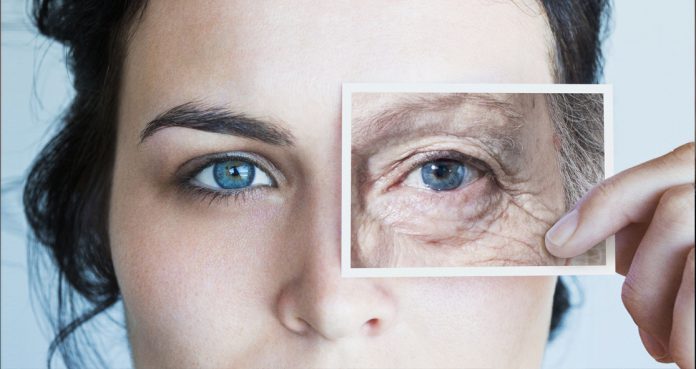Researchers from the Drechselschule University, US, conducted a study on mice and accidentally found that a drug called rapamycin has anti-aging effects.
Rapamycin is a drug used to coat coronary artery stents, prevent organ transplant rejection, and treat a rare lung disease.
The study, conducted on 13 patients aged above 40, rapamycin reduced wrinkles and sagging and improved skin tone on regular application to the back of the hands.
After almost eight months, the drug showed an increase in collagen formation and decrease in the markers of the aging when compared to those who applied a placebo.
After the experiment, participants underwent a biopsy to establish influence whether rapamycin cream on the skin at the cellular level is effective. The researchers were surprised to see the effects even through the naked eye. They said it showed a “clear impact” on skin aging.
The authors explained that the drug increased protein collagen and reduced p16, a protein that is a key marker of aging skin cells.
The small clinical trial also found that the skin pigmentation became smoother.
Senior study author Christian Sell said, “When cells age, they become detrimental and create inflammation. That’s part of aging. These cells that have undergone stress are now pumping out inflammatory markers.” “As researchers continue to seek out the elusive ‘fountain of youth’ and ways to live longer, we’re seeing growing potential for the use of this drug,” he added.





















